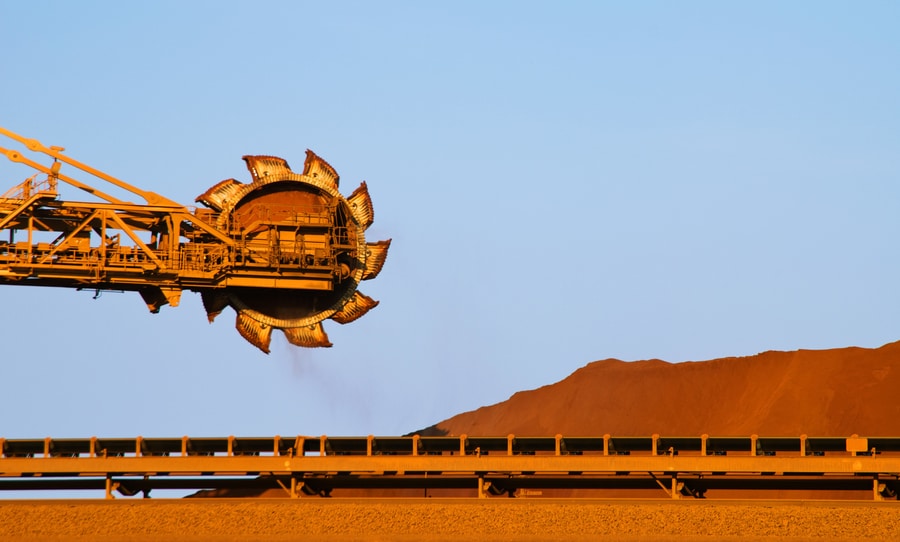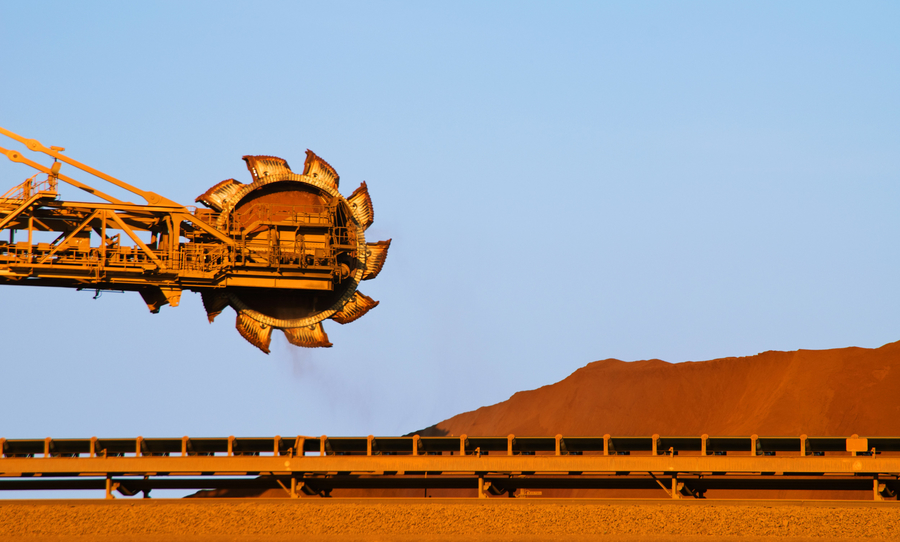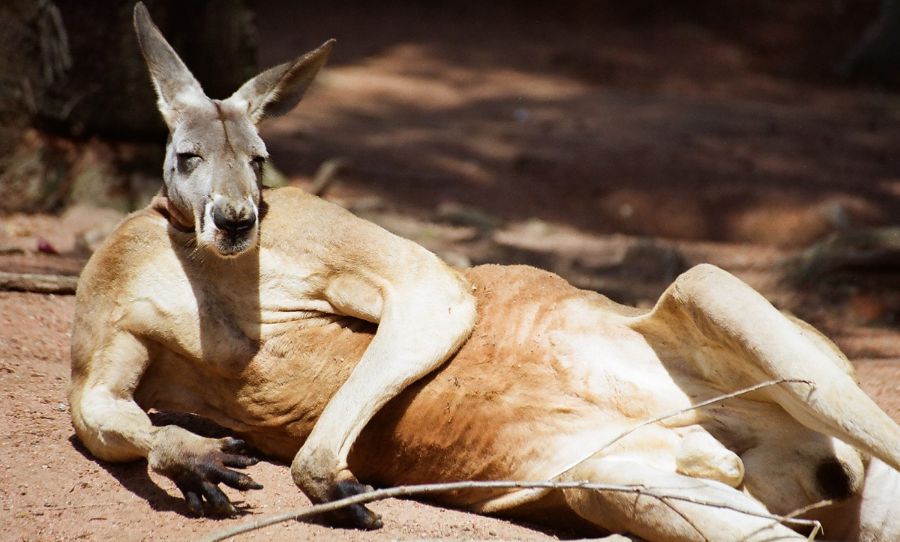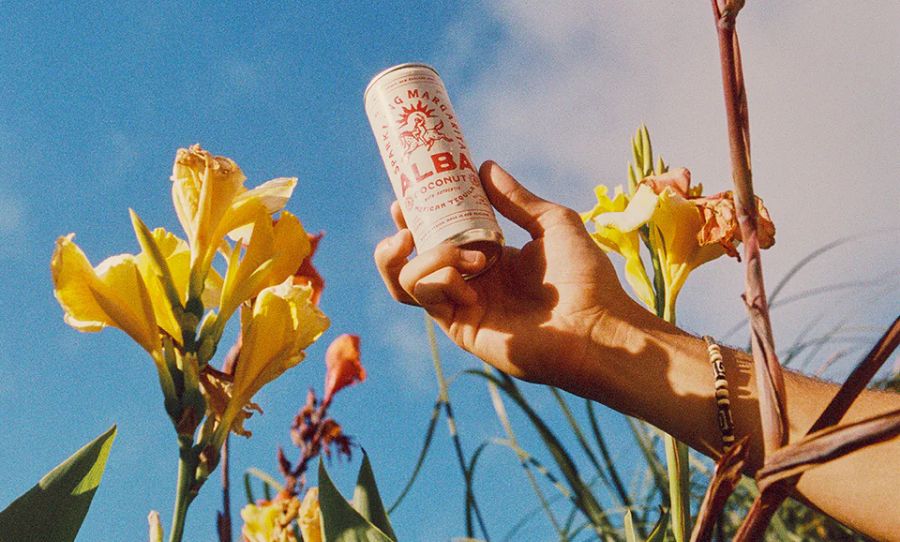Mining giants BHP have been given the go-ahead to destroy at least 40 – and up to 86 – Indigenous sites across Western Australia. Following huge backlash from the public after Rio Tinto blew up a heritage site two weeks ago, the news has horrified Indigenous communities who have condemned the decision.
Despite reports that accuse BHP of being aware of the disapproval of the Aboriginal communities who will be impacted, they are intent on expanding their iron ore mining operation which has already seen an investment of $4.5 billion.
With 40 Indigenous sites confirmed to be destroyed, the BHP mining expansion could see up to 86 sites damaged or made inaccessible.
And the situation doesn’t get any better: there have been revelations that the Western Australian minister for Aboriginal affairs, Ben Wyatt, approved the expansion just days after the Rio Tinto explosion. The sites are extremely significant for the Indigenous communities who are inextricably connected to the places, as well as the artefacts and objects that currently reside on the landscape. They show evidence of human occupation 10,000 – 15,000 years ago and provide proof that people inhabited the sites and surrounding land up to 40,000 years ago – all of which will be completely obliterated with the proposed mining expansion.
Even more shockingly, the affected communities have no legal means to prevent the explosions from occurring. This is according to section 18 of the Western Australian Aboriginal Heritage Act – a law first enacted in the early ’70s, mind you.
BHP has responded to the concerns with their best interests at heart (no surprises there), offering to attempt to save some parts of the sites via “excavation and deconstruction.” They even went as far as to say that the communities have been frequently included in the process and were working in collaboration with the company. We aren’t so quick to believe BHP, especially after the community released this statement:
“The significance of the sites impacted by the notice to Banjima people is such that Banjima people cannot and do not support the destruction of those sites as proposed by the Notice as to do so would be inconsistent with their cultural obligations to protect those sites.”
The news could not be more untimely as the Black Lives Matter movement continues to gain momentum around the world following the death of George Floyd.




